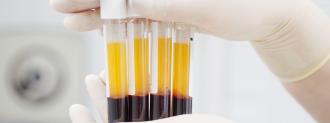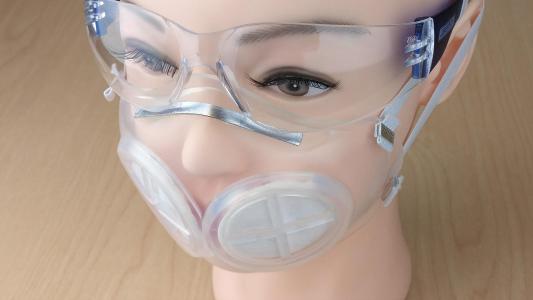Plasma from coronavirus survivors is already being used to treat COVID-19, thanks to the antibodies in survivors’ blood, although it’s too soon to say how effective this is.
But now, some researchers are also studying whether this therapy, known as convalescent plasma, can actually prevent coronavirus infections.
If so, it could mean that a COVID-19 vaccine — albeit one that provides only temporary immunity — is already within our grasp.
Plasma to Prevent Coronavirus
When the immune system encounters a virus for the first time, it produces antibodies, which alert it to attack the virus if it infects the body again in the future.
Most vaccines produce immunity by prompting the immune system to create antibodies to a virus before an infection ever takes hold. But vaccines can take a long time to develop — it’s possible that a COVID-19 vaccine won’t be ready for widespread distribution until mid-2021.
While an injection of antibody-rich blood plasma wouldn’t teach the immune system how to create its own coronavirus antibodies like a vaccine would, researchers suspect it could provide a person with similar immunity for about two to three months.
Studies of convalescent plasma therapy as a way to prevent coronavirus infections are now underway.
In April, a team led by scientists at Johns Hopkins University launched a study involving 150 people at high risk of contracting COVID-19 (healthcare workers, first responders, etc.).
Each participant is receiving an injection of either plasma from a coronavirus survivor or placebo plasma collected before the COVID-19 pandemic began.
The researchers are looking to see whether the survivors’ plasma appears to prevent coronavirus infections, even temporarily — and if it does, they envision a future in which the plasma could be used to protect other vulnerable populations.
“They’re a paramedic, they’re a police officer, they’re a poultry industry worker, they’re a submarine naval officer,” researcher Shmuel Shoham told the Associated Press in June. “Can we blanket protect them?”
Alternatives to a COVID-19 Vaccine
Instead of directly injecting coronavirus survivors’ plasma into people, some researchers suggest creating concentrated immune globulin (IG) shots from survivors’ antibodies.
IGs are drugs that contain high concentrations of antibodies, and IG shots that provide temporary immunity to other illnesses, including hepatitis A and measles, already exist.
Plasma injections might prevent coronavirus infections until a vaccine is ready.
Unlike straight injections of coronavirus survivors’ plasma, an IG shot for COVID-19 would require some extra development, but proponents argue it’d be worth the time and money, as the shots would be easier to scale-up and have a longer shelf life than whole plasma.
Still, two California researchers hoping to develop IG shots for coronavirus recently told the Los Angeles Times that they’re having trouble securing funding for studies.
If research into IG shots doesn’t get going soon, plasma injections might be the most likely use of survivor’s antibodies to prevent coronavirus infections until a COVID-19 vaccine is ready.
We’d love to hear from you! If you have a comment about this article or if you have a tip for a future Freethink story, please email us at [email protected].






